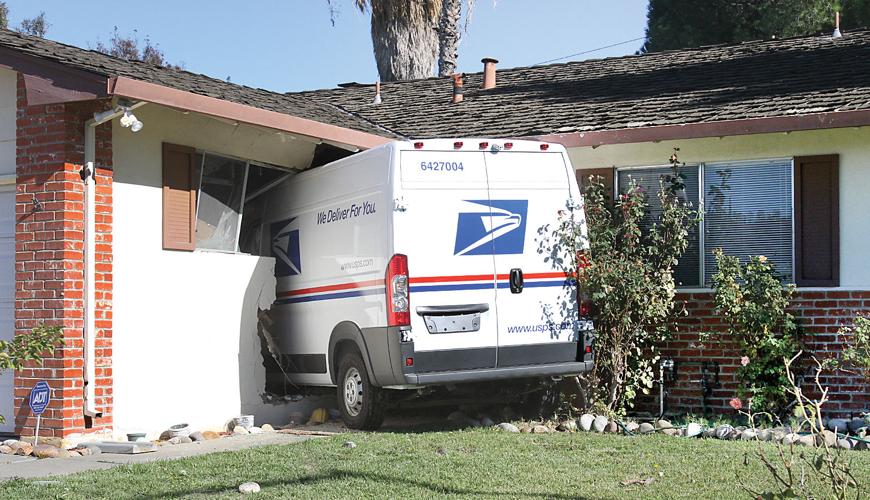
Punitive Damages
Punitive damages are a type of financial compensation awarded in civil cases to punish a defendant for particularly reckless or malicious behavior and to deter similar conduct in the future. Unlike compensatory damages, which aim to make the plaintiff “whole” by covering actual losses, punitive damages are designed to penalize the defendant and serve as a public warning. Courts may award punitive damages in cases involving gross negligence, intentional harm, or fraud, often in addition to compensatory damages. At 770GoodLaw, we help clients understand their eligibility for punitive damages and pursue all available avenues for full compensation.
Purpose of Punitive Damages
The primary purpose of punitive damages is to hold defendants accountable for egregious actions and deter others from engaging in similar conduct. These damages send a strong message that serious negligence or intentional wrongdoing will not be tolerated. Key purposes of punitive damages include:
-
Punishing the Defendant: Punitive damages impose a financial penalty on defendants whose actions are deemed reckless, malicious, or intentionally harmful.
-
Deterring Future Misconduct: By imposing significant penalties, punitive damages discourage others from engaging in similar behavior.
-
Promoting Justice: Awarding punitive damages ensures a sense of justice by penalizing defendants for severe misconduct that goes beyond typical negligence.
-
Encouraging Corporate Responsibility: Punitive damages are often awarded in cases involving corporations, promoting better business practices and consumer safety.
Conditions for Awarding Punitive Damages
Courts do not award punitive damages in every case; certain conditions must be met to justify this additional compensation. The primary conditions for awarding punitive damages include:
- Gross Negligence or Malicious Intent: Punitive damages are usually reserved for cases involving gross negligence, willful misconduct, or malicious intent to harm.
- Clear and Convincing Evidence: The plaintiff must present clear and convincing evidence of the defendant’s wrongful conduct to qualify for punitive damages.
- Proof Beyond Ordinary Negligence: Punitive damages require more than simple negligence; the defendant’s actions must demonstrate a conscious disregard for safety or rights.
- Proportionality to Compensatory Damages: Courts often consider the ratio of punitive to compensatory damages, with excessive punitive awards potentially reduced to align with compensatory amounts.
Examples of Cases Where Punitive Damages May Be Awarded
Punitive damages are awarded in cases where the defendant’s conduct goes beyond mere negligence and rises to the level of gross misconduct or intentional harm. Common examples include:
-
Drunk Driving Accidents: Drivers who cause accidents while intoxicated may face punitive damages for knowingly putting others at risk.
-
Product Liability Cases: Manufacturers may be liable for punitive damages if they knowingly release dangerous or defective products without proper warnings.
-
Medical Malpractice with Intentional Harm: In rare cases where healthcare providers act with extreme negligence or intentional harm, punitive damages may be awarded.
-
Cases of Fraud or Deception: Companies that engage in fraudulent practices, such as false advertising or deliberate misrepresentation, may be ordered to pay punitive damages.
Calculating Punitive Damages
The calculation of punitive damages often involves considering the severity of the defendant’s actions, the need to deter future misconduct, and the financial impact on the defendant. Important factors in calculating punitive damages include:
-
Severity of Misconduct: The more egregious the defendant’s behavior, the higher the punitive damages may be.
-
Defendant’s Financial Status: Courts may consider the defendant’s financial status, ensuring that the penalty is substantial enough to have an impact.
-
Ratio to Compensatory Damages: Courts often limit punitive damages to a certain ratio in relation to compensatory damages, commonly around 1:1 to 4:1, to maintain fairness.
-
State-Specific Limits: Some states impose statutory caps on punitive damages, limiting the total amount that can be awarded regardless of the circumstances.
How 770GoodLaw Assists Clients in Pursuing Punitive Damages
At 770GoodLaw, we help clients seek punitive damages in cases involving serious misconduct, working to present strong evidence of the defendant’s reckless or intentional actions. Our attorneys provide skilled representation, from gathering evidence to advocating for fair compensation in court. Our approach includes:
- Assessing Eligibility for Punitive Damages: We evaluate whether the defendant’s actions meet the criteria for punitive damages, advising clients on potential outcomes.
- Gathering Evidence of Misconduct: Our team collects evidence showing the extent of the defendant’s misconduct, building a case for punitive damages.
- Calculating Just Compensation: We advocate for punitive damages that reflect the severity of the defendant’s actions, ensuring a fair outcome for our clients.
- Representing Clients in Court: If necessary, we represent clients in court, presenting compelling arguments for punitive damages that serve justice and promote accountability.
Importance of Legal Representation in Cases Involving Punitive Damages
Pursuing punitive damages requires a thorough understanding of legal standards and strong evidence of misconduct. Skilled legal representation ensures that clients have the best chance of securing punitive damages, as attorneys can navigate the complexities of these cases and advocate effectively in court. At 770GoodLaw, we provide dedicated support for clients seeking punitive damages, helping them pursue justice and full compensation.
Why Choose 770GoodLaw for Punitive Damages Claims
Our commitment to Relentless Reliability and Sincetegrity drives us to provide comprehensive support for clients pursuing punitive damages. At 770GoodLaw, we work to ensure that our clients receive the full compensation they deserve, holding defendants accountable for their wrongful actions.






